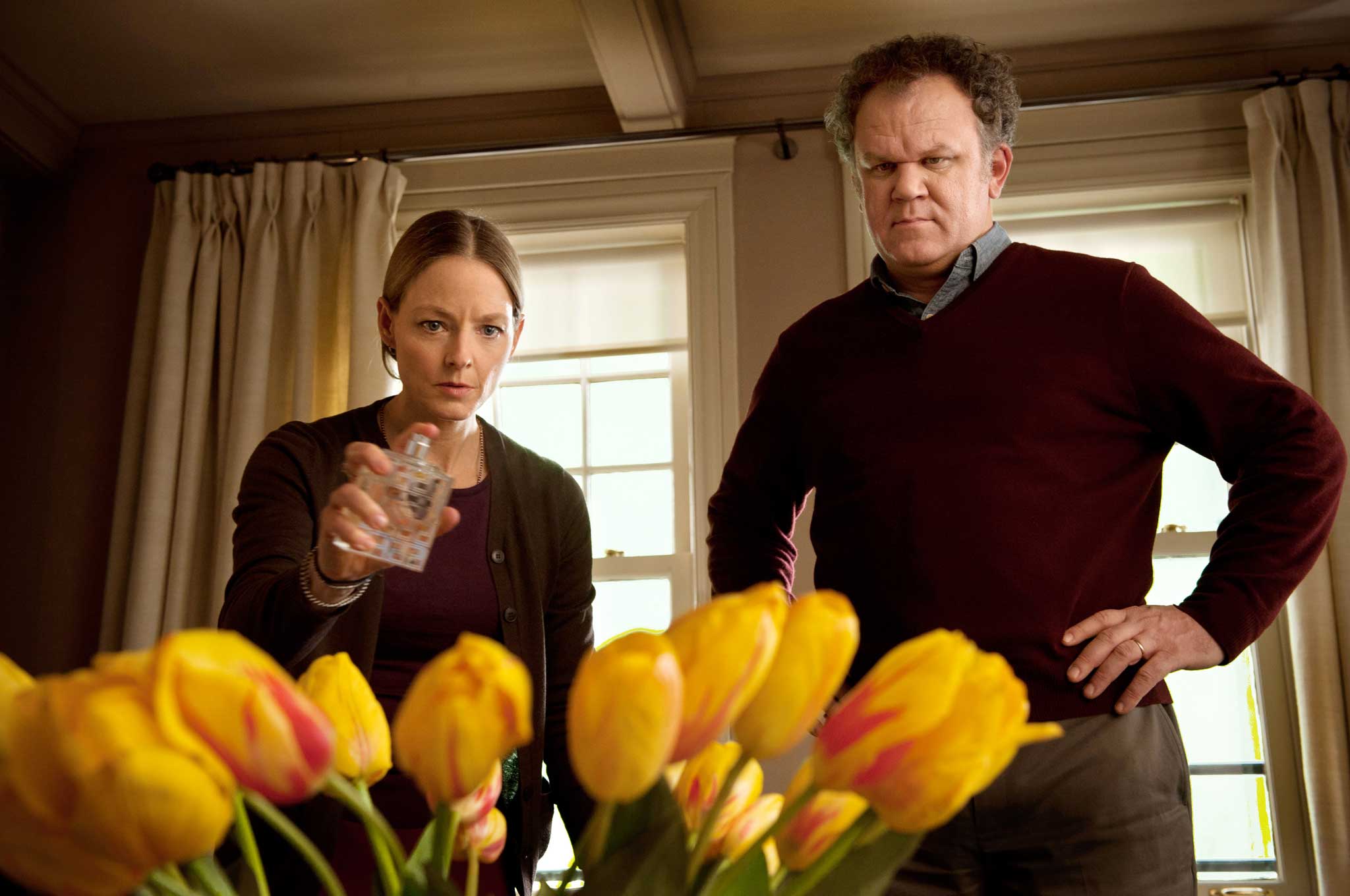Happy are the Happy by Yasmina Reza; trans. Sarah Ardizzone, book review
The web of connections in Yasmina Reza's new work will reward attentive readers

Support truly
independent journalism
Our mission is to deliver unbiased, fact-based reporting that holds power to account and exposes the truth.
Whether $5 or $50, every contribution counts.
Support us to deliver journalism without an agenda.

Louise Thomas
Editor
The works for which Yasmina Reza is best known are her tightly structured plays, 'Art' and God of Carnage, and her new novel follows them in deploying a very specific form.
It begins with a laugh-out-loud rendering of a lethal domestic row between journalist Robert Toscano and his lawyer wife, Odile, over the purchase of cheese in a supermarket. In its deathly ridiculousness, the description, told from the perspective of the husband, confirms Reza as a sharply observant wit.
Yet just as she professed herself surprised when English-speaking audiences saw 'Art' as a comedy, the mood remains more melancholic than humorous as over a further 20 chapters and 210 pages, 18 characters get a chapter each – with three granted a second say – to recount a vignette from their lives.
Cumulatively they reveal secret passions, a myriad disappointments and a propensity for infidelity that will do nothing to alter the perception – right or wrong – that the French are a nation of philanderers. It is easy to imagine the film adaptation which, in visual terms, will render the complicated intertwining of families and plot much easier to follow, as bit players in one life emerge as crucial to the lives of others. To the reader, the key advice to be offered is to pay attention. Closely. Few names are mentioned only to disappear and Reza evidently believes that there is a pleasure to be had for the reader in filling in the crossword puzzle of connections. Information about Robert's father-in-law that seems incidental on page eight proves crucial by the finale and the web of characters include the film star's chauffeur's mother and her ex, the psychologist who is treating the deluded son of the apparent smug-marrieds. All get their chapter.
Most readers, bar those blessed with perfect powers of concentration and an excellent memory, will miss some of the ties at first reading. But Reza evidently expects that. As the frosty relations – the "wordless war" – emerge between Robert and Odile, the wife is reading a book in bed where she is repeatedly forced to recap who is who, turning back to check. The parallel must be deliberate. And if that makes it sound hard work, well, it is true to say Reza is a rather particular delight. Her cool detachment, reinforced by the voice-per-chapter form, limits bonding with her characters who, with a few exceptions, are hard to warm to.
Yet, somewhat surprisingly, the strictures of the structure do allow some emotions to flow. The Hutners appear to have the perfect life but it proves anything but. At the end, the widow's reaction to the sudden end of her loveless marriage is genuinely moving and believable. The title speaks of happiness but it is the sadnesses that prevail. Paola visits the marital home of her lover Luc, surveys the decor and immediately concludes he will never leave his wife. It is hard not to agree with Jeannette Blot that "women are attracted to appalling men". "Happy are the happy" is the second half of a quote by Jorge Luis Borges with which the novel begins and reads, more fully: "Happy are the loved ones and the lovers and those who can do without love."
So the happinesses are small; the medical secretary's memory of a cigarette shared with the son of a patient; the lover biting his tongue when the woman he realises he genuinely cares for demonstrates a painful lack of self-knowledge; the husband who throws away his newspaper of racing tips to agree to a museum visit with the wife he has publicly shamed. Most significantly, perhaps, at the end, the pleasure of two friends fishing. Reza is the mistress of subtle detail.
Subscribe to Independent Premium to bookmark this article
Want to bookmark your favourite articles and stories to read or reference later? Start your Independent Premium subscription today.
Join our commenting forum
Join thought-provoking conversations, follow other Independent readers and see their replies
Comments